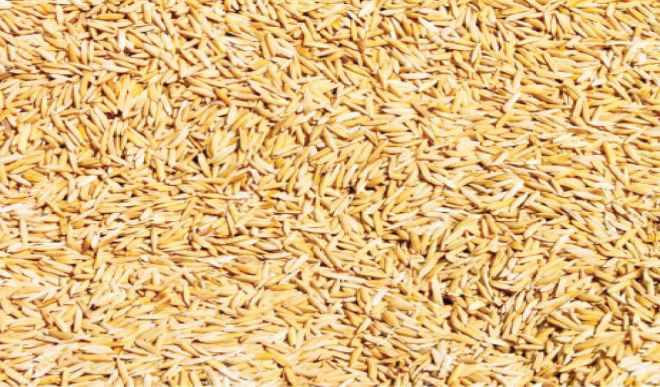How to access quality rice seeds as planting begins
The wet season rice cultivation has begun. While some farmers in upland areas started two weeks ago, cultivation in the lowland, deep water and mangrove swamp areas will continue till the second week of July. Depending on your agro-ecology and water availability, your choice of seed variety matters because it will, at the end of […]


The wet season rice cultivation has begun. While some farmers in upland areas started two weeks ago, cultivation in the lowland, deep water and mangrove swamp areas will continue till the second week of July.
Depending on your agro-ecology and water availability, your choice of seed variety matters because it will, at the end of the day, determine the performance of crop at harvest.
There are different varieties with good yield characteristics under good agronomy practices for you to choose from.
The National Cereal Research Institute (NCRI) Badeggi, Niger State, has since inception, developed 63 rice varieties that are low and water use efficient, pest and diseases tolerant/resistant for commercial production.
These varieties were specifically bred for the various rice ecologies (lowland, upland, deep water, mangrove swamp) in the country.
Some of the varieties that have been released in recent times include FARO 58, 59 which is basically for upland areas; and FARO 60, 61 for lowland, as well as ofada rice.
Just last week, the institute in collaboration with AfricaRice under the STRASA and GSR projects, were able to release two prominent flood-tolerant rice varieties called `Faro 66’ and `Faro 67.’
Other varieties for upland are: Early maturing (90–100days):FARO10, 40, 45, 54, 55 (NERICA1), 56 (NERICA2), other upland NERICA; Medium maturing (100–120 days): FARO 48, 49, 53, etc. Late maturing (120days):FARO 25.
For low land, short duration varieties like Faro 44 (sipi 6920233) are very good and widely cultivated in the country. However, Medium duration Faro 29 Faro 52 and Late Duration Faro 15 are also good.
The National Agricultural Seed Council (NASC) said farmers can now test the quality of their seeds in its seed testing facilities established at NASC corporate headquarter, Sheda, Kwali and six other regional offices.
(Contact NASC on the following two numbers for any advice or information on the seed you want to use or where to get quality seed: 070-000-73337 or 070-000-SEEDS)
The numbers also allow farmers to lay complaint or report any erring seed company because, according to them, NASC ensures that all seed producers comply with set standards which ensure that only seeds of the highest quality are supplied to farmers.
